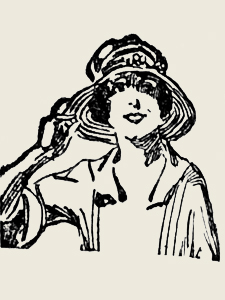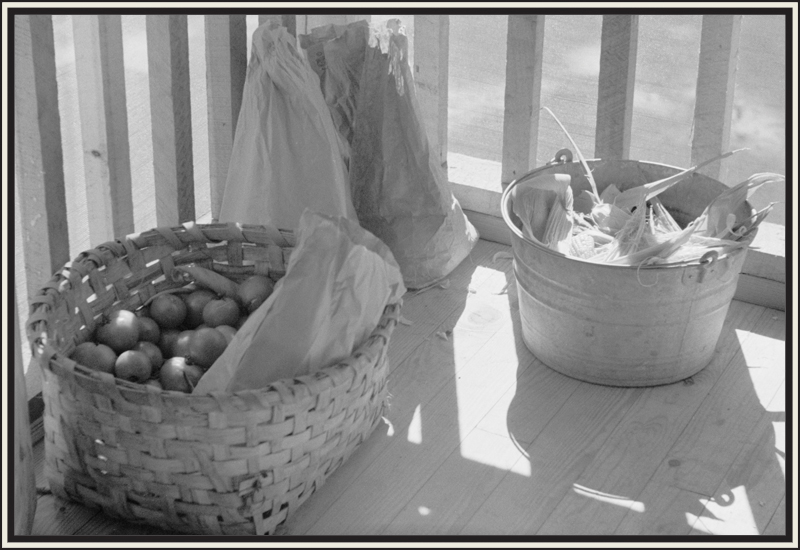The well-being of our members has long been important to Royal Neighbors. In fact, as early as 1926, we began to publish a column each month in The Royal Neighbor called “Health is Wealth.” The focus was on preventative medicine – a concept that remains popular in the healthcare industry today – and much of the advice given has stood the test of time.
We suspect you’ll find these tips from the 1926 editions of our magazine familiar. The more things change, the more they stay the same!
Eat Healthy
We might go through the entire list and find each vegetable possessing its especial mission of cure, and it will be plain to every housekeeper that a vegetable diet should be partly adopted, and will prove of great advantage, to the health of the family.
Whole wheat bread, whole grain corn meal and other whole grain products, as well as fresh fruits and vegetables, especially during the fruit and vegetable season, should constitute most of our diet.
Certain protective substances called “vitamins,” which are found in the skin or coating of grains, especially rice, also in egg yolks, raw milk, butter, cheese, oranges, lemons, grapefruit, spinach, lettuce, tomatoes, raw cabbage, are important to the well-being of the body. The absence of vitamins from the diet leads not only to lowered conditions of health but to certain serious diseases.
Stay Active

Do you know that if you have been sitting in an office all day, your brain is tired when you stop? Your body needs exercise to make your brain forget the work. Any bodily work, like walking home, sawing wood, or shoveling snow, or throwing a baseball, or wrestling, or boxing, will do you good.
Drink Water
Water, commonly looked upon as a mere diluent of food, or unfortunately too often as a means of washing it down, is physiologically a true food – a regulating food. Water keeps the body in fluid equilibrium. One of the most important rules of hygiene, therefore, is that requiring an adequate daily intake of water.
Find Balance
You need not have lived long to know that men who take no vacations, because they “can’t get away,” meet with a day when they either have to get away or be carried away.
Do not make work out of your play. When your play seems like work, stop it.


